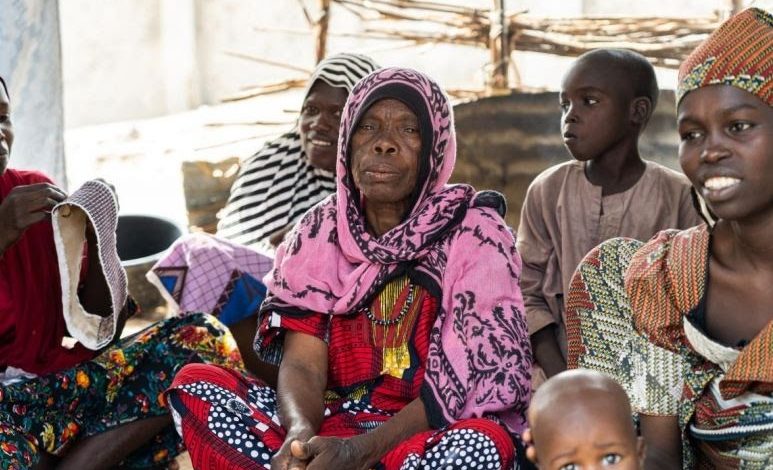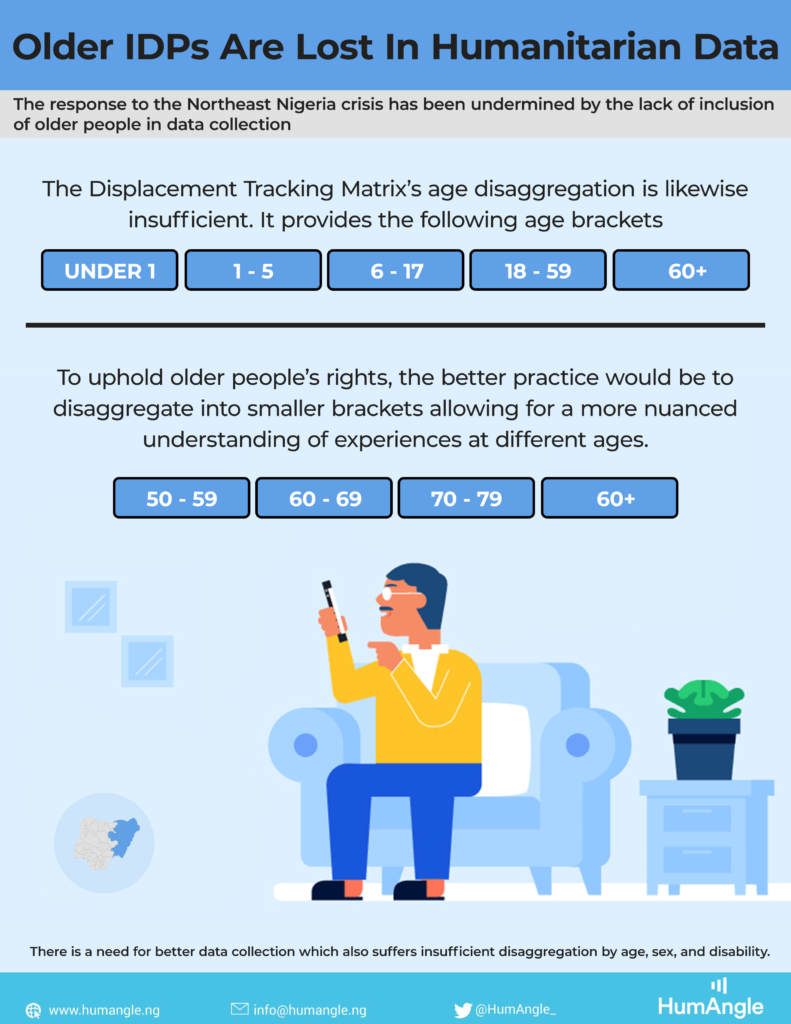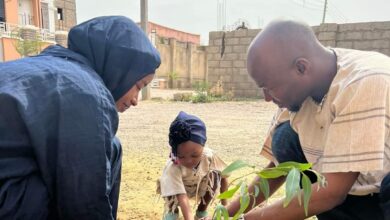Humanitarian Data Should Be More Inclusive Of Older IDPs – Amnesty International

The response to the Northeast Nigeria crisis has been undermined by the lack of inclusion of older people in data collection, Amnesty International (AI) said.
The organisation said this in its latest report – tagged ‘My Heart Is In Pain’ – which focuses on older people’s experience of conflict, displacement, and detention in Northeast Nigeria.
More than seven years into the conflict, AI noted that there is a need for better data collection which also suffers insufficient disaggregation by age, sex, and disability.
Data about displaced persons are usually compiled by the International Organisation for Migration (IOM), National Emergency Management Agency (NEMA) and some other aid organisations.
As the United Nations Independent Expert on the enjoyment of all human rights by older persons has said, the lack of inclusive, disaggregated data “can have a significant impact on planning and operational response to emergency situations.
“If older persons are invisible during the planning phase and preparedness assessment… the likelihood that the needs, capacities and contributions of older persons will be overlooked in the response and recovery phase sharply increases,” the UN report adds.
AI emphasized that older people’s under-representation in data collection is a recurrent problem in humanitarian contexts.
The organisation added that older people overwhelmingly said that they had never been interviewed or otherwise approached by the Nigerian authorities or humanitarian organizations, to assess their needs and risks.
“Older women and older people with disabilities are particularly ignored.
“The main global dataset in Northeast Nigeria is the quarterly Displacement Tracking Matrix (DTM), led by NEMA and IOM, which has estimated that 7 per cent of the more than 2.1 million people displaced within Northeast Nigeria are age 60 or older.
“That dataset contains important information and has noteworthy transparency, including about its collection means,” AI added.
However, as the methodology indicates, the information comes overwhelmingly from “key informants such as representatives of the administration, community leaders, religious leaders and humanitarian aid workers,” IOM noted
AI explained that such a methodology strongly risks underrepresenting marginalized groups, including older people, women, and people with disabilities.
“Indeed, the published DTM dataset does not provide information about the number of people with disabilities, the number of older people living alone, or the number of older people caring for children—in contrast to UNHCR and IOM practices in other contexts, including the refugee crisis in Bangladesh.
“The DTM’s age disaggregation is likewise insufficient. It provides the following age brackets: under 1, 1-5, 6-17, 18-59, and 60+ years old.
“To uphold older people’s rights, the better practice would be to disaggregate into smaller brackets (e.g., 50-59, 60-69, 70-79, 80+), allowing for a more nuanced understanding of experiences at different ages,” AI said.
This is true within what IOM and NEMA define as “elderly”—60 years and older—and in the other adult bracket: age 18 to 59.
Given the decade of crisis and historic underdevelopment in Northeast Nigeria, there are different needs and risks at the lower and upper ends of that age range.
AI called on key humanitarian actors to adopt a more context-specific approach to “older age”, rather than using 60 as a minimum cut-off.
Data collection is a challenge in Northeast Nigeria, given the ongoing fighting and restrictions.
There are entire regions where state authorities and humanitarian organizations do not have access, and displacement numbers are regularly changing, as shifts in fighting force new communities to flee or allow communities to return home.
Inclusive data collection would cost more than current efforts, but it would also allow for a response better able to meet the displaced population’s rights and needs.
“International donors should require more inclusive data collection and analysis as a condition of their support.
“At a minimum, NEMA and IOM should ensure an inclusive design to key informant interviews, such that older people, including older women and older people with disabilities, are systematically reached.
“Other UN agencies and humanitarian organizations should do likewise for their programmes. Absent inclusive data, emergency response cannot respond to the human rights concerns of older persons,” Amnesty International advised.
Support Our Journalism
There are millions of ordinary people affected by conflict in Africa whose stories are missing in the mainstream media. HumAngle is determined to tell those challenging and under-reported stories, hoping that the people impacted by these conflicts will find the safety and security they deserve.
To ensure that we continue to provide public service coverage, we have a small favour to ask you. We want you to be part of our journalistic endeavour by contributing a token to us.
Your donation will further promote a robust, free, and independent media.
Donate Here





